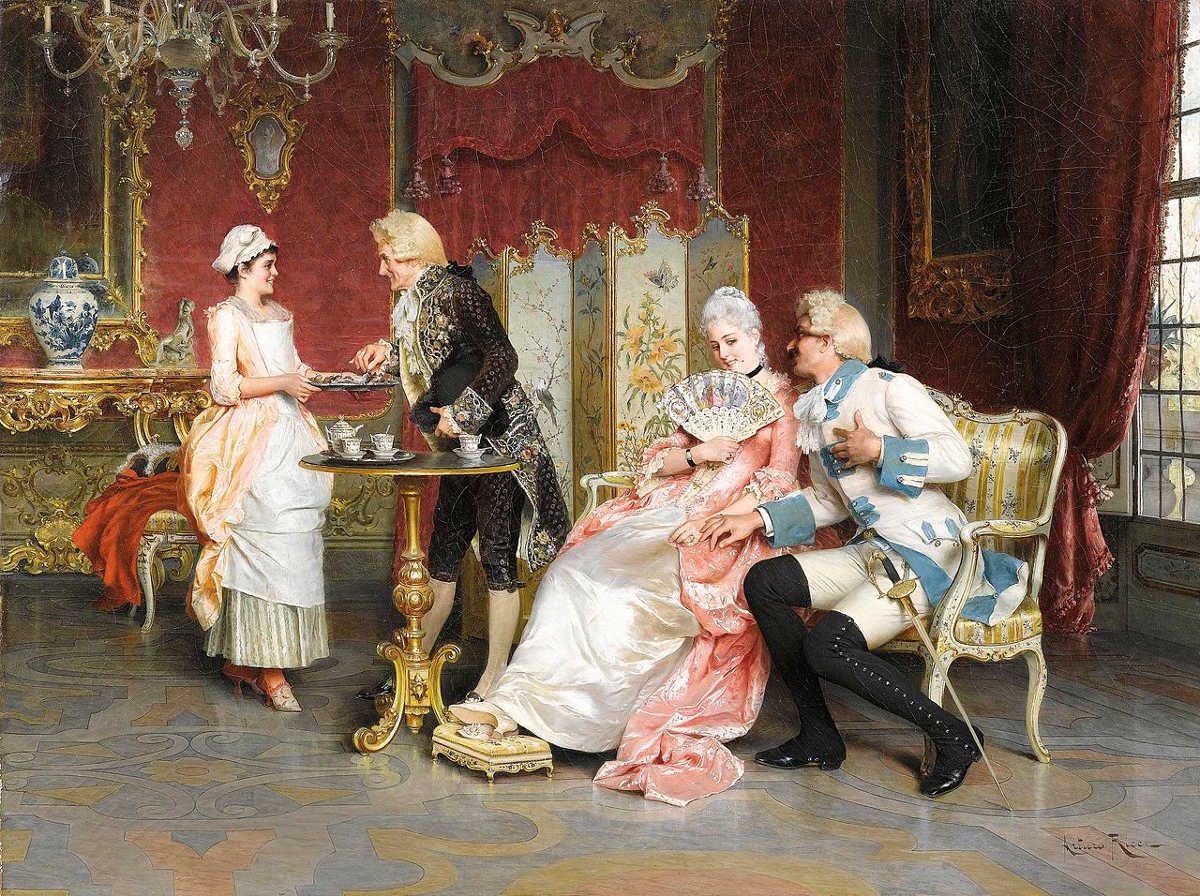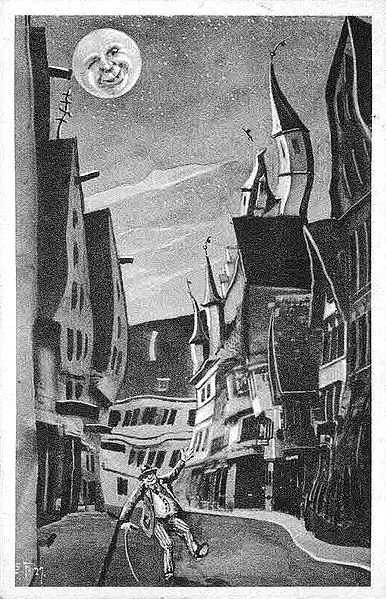colluctation
n. strife, conflict, contention
perstreperous
adj. noisy
superbiate
v. to make proud, arrogant, or haughty
supplosion
n. a stamping of the feet
New Zealand’s national rugby union team, the All Blacks, performs a haka, a traditional ancestral Māori war cry, before each international match:
Leader: Ears open! Get ready! Line up! Stand fast!
Team: Yeah!
Leader: Slap the hands against the thighs! Stomp the feet as hard as you can!
Team: As hard as we can!
Leader: You die! You die!
Team: We live! We live!
Leader: You die! You die!
Team: We live! We live!
All: Here stands the Hairy Man who can bring back the Sun so it will shine on us again! Rise now! Rise now! Take the first step! Let the sunshine in! Rise!
At the 2003 World Cup in Australia, Tonga met the haka with their own sipi tau, a traditional challenge dance:
It didn’t help, though — the All Blacks went on to win the game 91-7.






